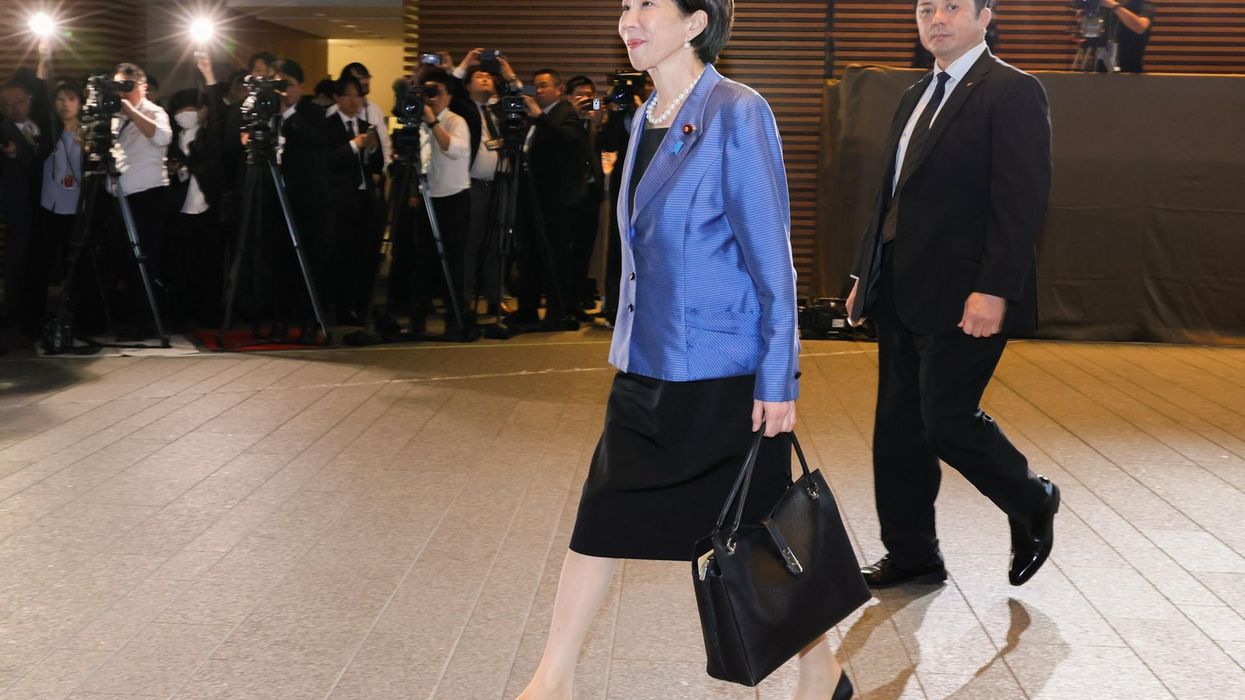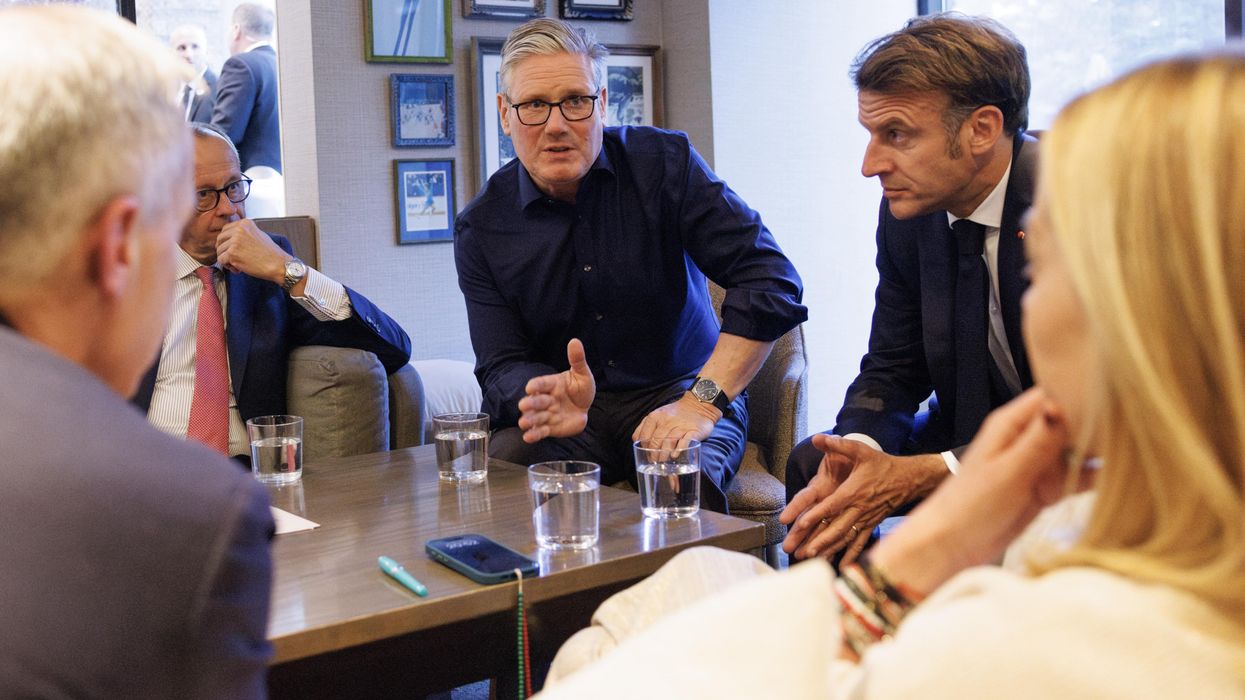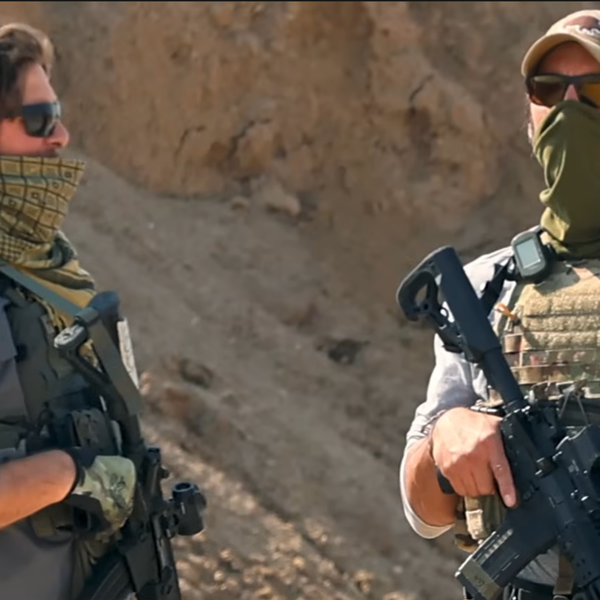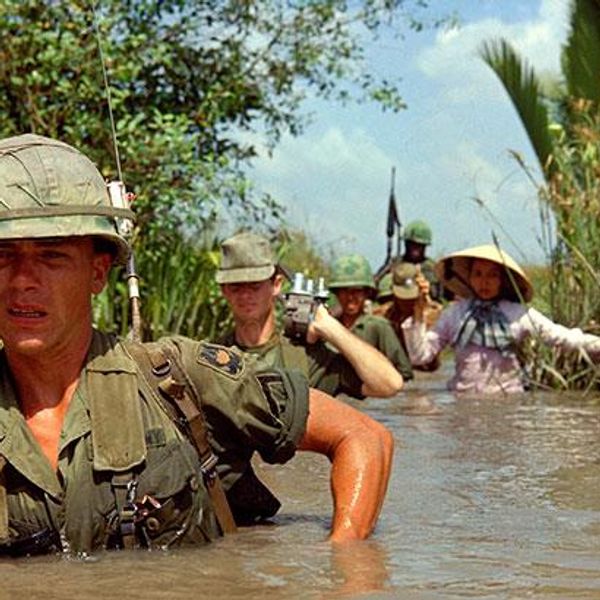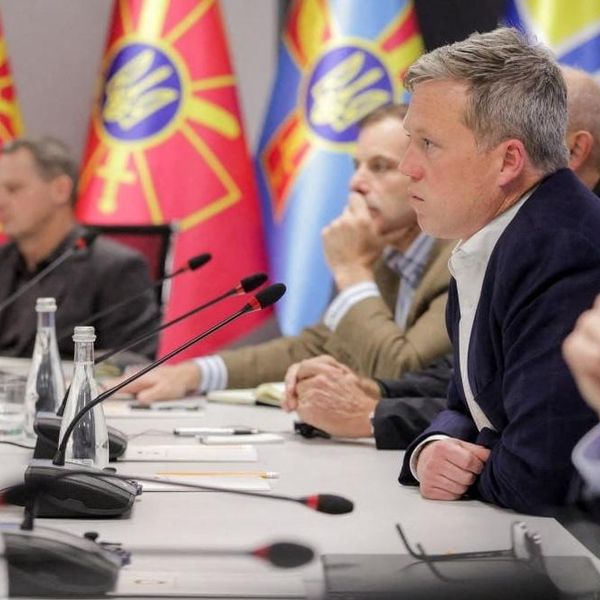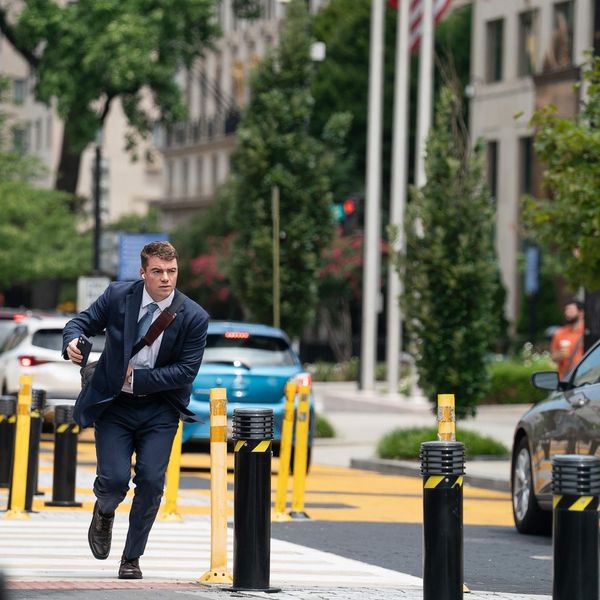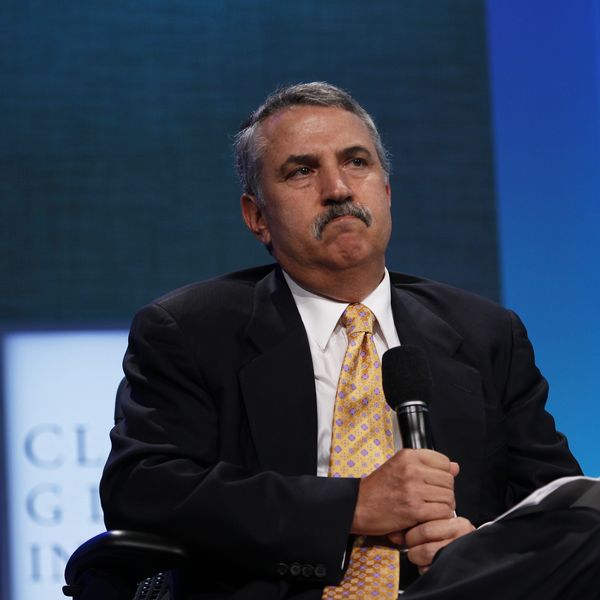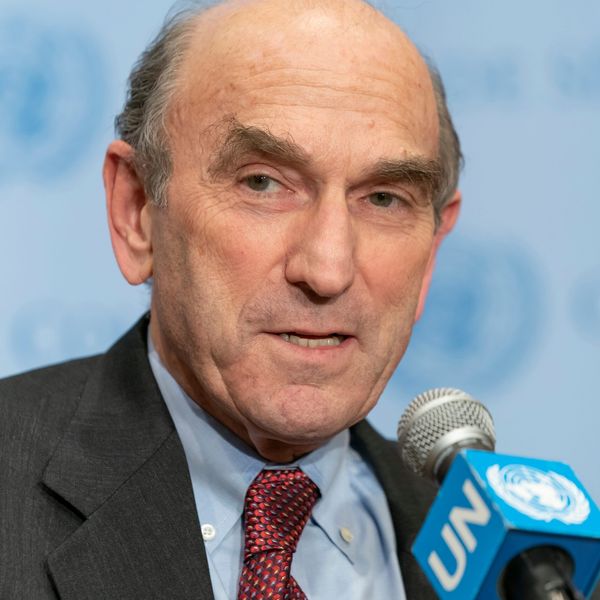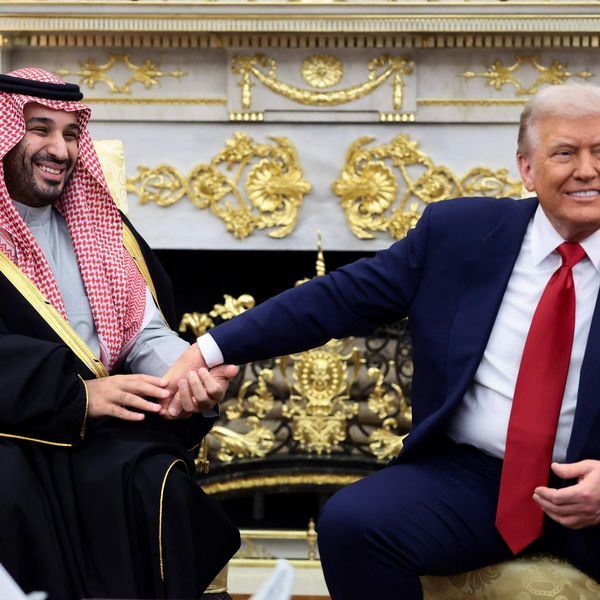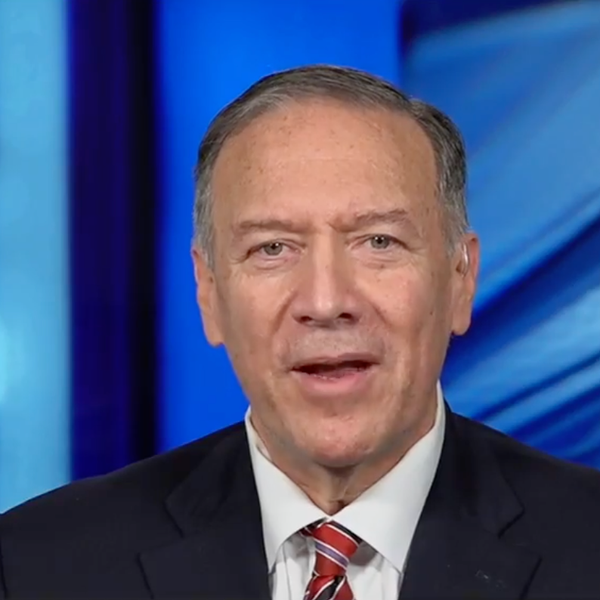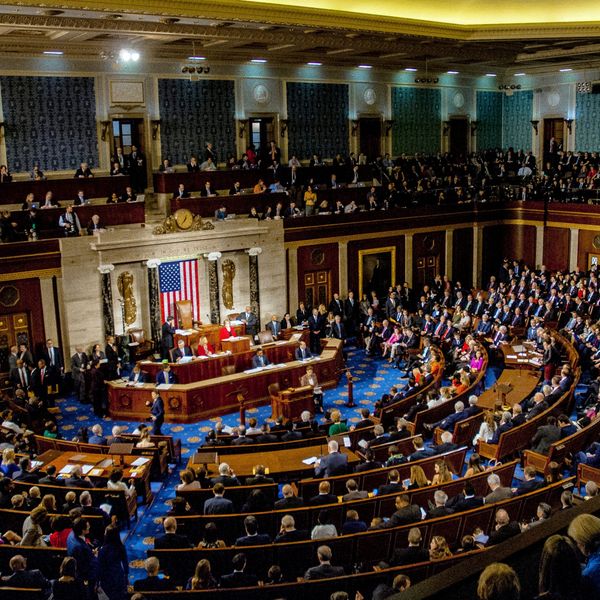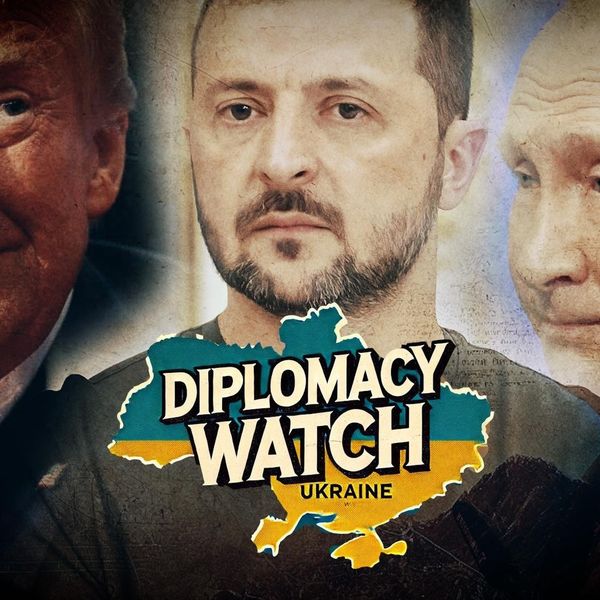Russian officials kicked off the Russia-Africa Summit on Thursday, with delegations from across the continent coming to St. Petersburg for the event. The meeting drew only 17 heads of state, a sharp drop from the 43 African leaders who attended the 2019 version.
The Kremlin blamed Western pressure for the weak showing, but it’s hard to ignore how recent Russian actions have strained Moscow’s relationship with Africa. Just last week, Russian President Vladimir Putin pulled out of a deal that allowed exports of Ukrainian grains from Black Sea ports, a decision that risks driving up food prices worldwide. If ripping up the agreement wasn’t enough, Putin followed up by shelling Ukrainian port cities in an apparent effort to deter shipping companies from testing Russia’s commitment to the blockade.
At the same time, the status of the Wagner Group — a Russian mercenary organization with extensive operations in Africa — is unclear following a mutiny and attempted march on Moscow last month. And recent African attempts to jumpstart peace negotiations in Ukraine have gotten a frosty reception from the Kremlin.
The timing puts African leaders in a difficult position. Many have chosen to keep a neutral stance toward the war in Ukraine, but so far they have gotten little in return besides a Russian commitment to maintain the grain deal and facilitate access to Wagner’s troops. Now, as African leaders gather in St. Petersburg, the benefits of working with the Kremlin appear more limited than ever.
Russia, eager to bolster its allies on the continent, has tried to play down the impact of pulling out of the Black Sea deal by promising free grain to countries in need. But African leaders want clear commitments that the global flow of grain — and global prices for staple foods — will not be affected, according to Reuters.
Perhaps the biggest question to watch coming out of the conference is whether Putin will make any new statements regarding potential negotiations to end the war in Ukraine. Movement on that front would make a big difference for leaders like South African President Cyril Ramaphosa, who faces enormous political pressure at home to distance himself from Russia.
Meanwhile, Ukrainian Foreign Minister Dmytro Kuleba embarked on his third African tour since the conflict began, with stops in Liberia and Equatorial Guinea. Kuleba’s message was clear: Putin doesn’t care about Africa.
“Russia's objective is to provoke the increase of [a] global food crisis, export its own grain without any hindrances and make as much money as they can,” he told France 24 on Tuesday. “Russia will fill its pockets to fund [its] war machine, at the expense of Africa.”
In other diplomatic news related to the war in Ukraine:
— Putin has rejected a U.S. offer to discuss the war, but lower-level meetings between U.S. foreign policy elites and Russian officials have been taking place at least twice a month, according to an anonymous former U.S. official involved in the talks, the Moscow Times reports. The former official said they had also visited Moscow “at least every three months” since the war began and argued that the biggest sticking point for Russian leaders is that “they don't know how to define victory or defeat.” The anonymous ex-official said one goal of the meetings was to communicate that the U.S. is “prepared to work constructively with Russian national security concerns.” The reporting adds new details to previous revelations about meetings between Russian leaders and former U.S. officials, suggesting that the United States is seeking secretive, less formal pathways to discuss the conflict — and a potential path to ending it — with Moscow.
— Ukraine has become littered with an “unprecedented” number of mines, according to the Washington Post. Roughly 30 percent of the country is now contaminated with unexploded ordnance, a problem that will require decades of effort to solve. It will also require a lot of cash: The World Bank estimates that Ukraine will need $37.4 billion over the next decade to support its demining work, adding yet another cost for reconstructing the country after the war ends.
— President Joe Biden hosted Italian Prime Minister Giorgia Meloni at the White House Thursday in the clearest indication yet that the administration is willing to overlook Meloni’s far-right views due to her steadfast support for Ukraine, according to the Washington Post. Meloni has “earned a reputation as someone Washington and Brussels can do business with,” standing in sharp contrast with other far-right leaders like Hungarian President Viktor Orban. Her wide acceptance in the West has assuaged previous concerns that the rise of the hard right in Italy would splinter Western support for Kyiv.
U.S. State Department news:
In a Monday press conference, State Department spokesperson Matthew Miller said Ukraine has “everything it needs to conduct” its counteroffensive. “We have supplied them with an enormous amount of military equipment, as have our allies and partners both in Europe and around the world, and we will continue to do so,” Miller said.


